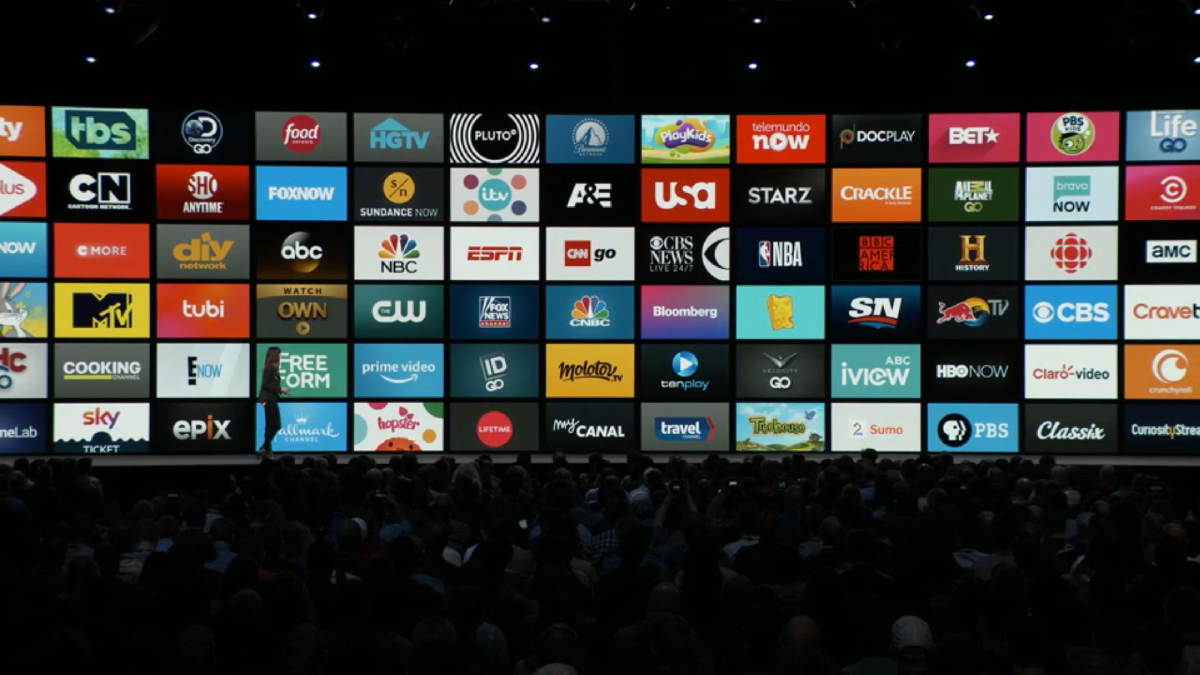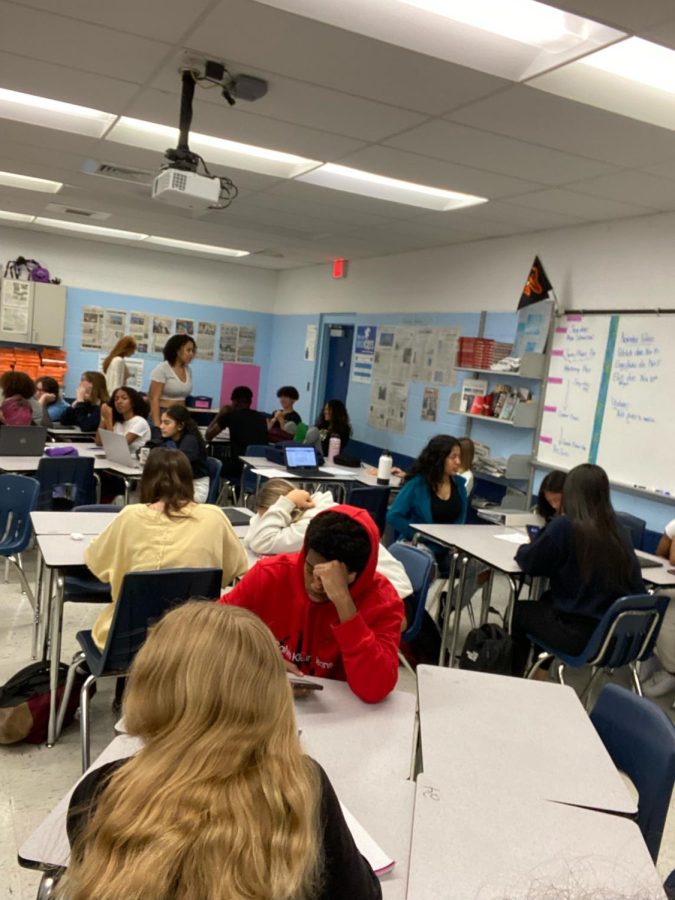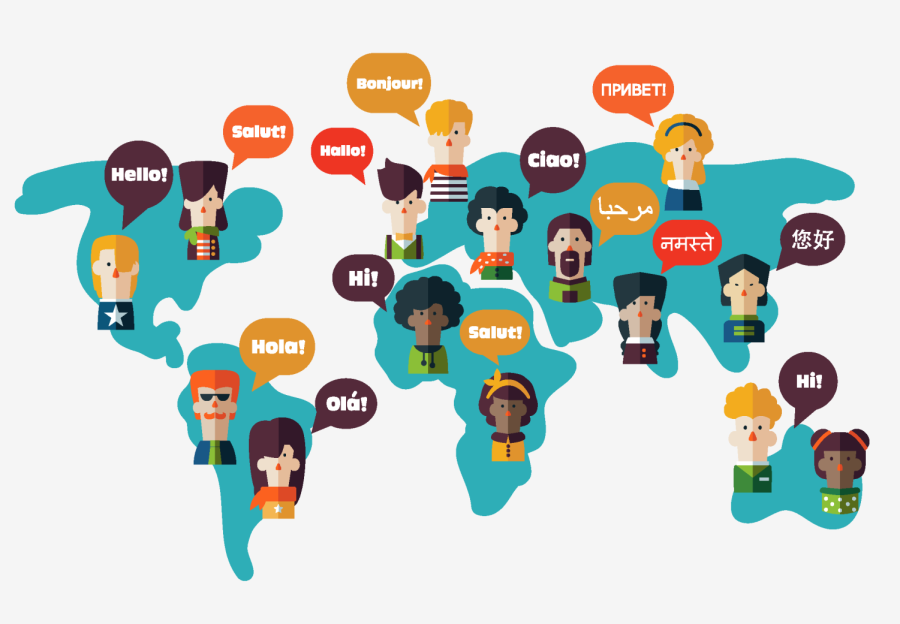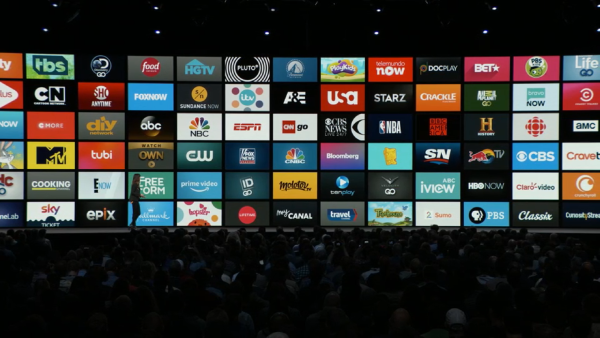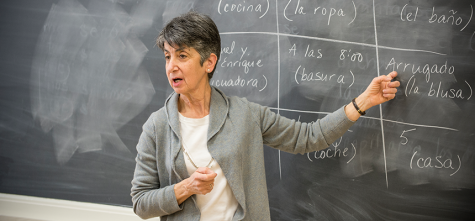Why should you become bilingual?
With about 8 billion people on the planet, more than 7,100 languages are spoken daily. Knowing only one language is no longer adequate in the modern world. Being bilingual has several advantages, such as improving cognitive skills, grammar, memory, multitasking skills, enhancement career-wise, etc. Since there are no drawbacks, everyone should broaden their horizons and learn a new language.
One of the most obvious benefits of being bilingual is the ability to communicate with a wide group of people. Building new relationships with people that speak different languages creates opportunities to learn about each other’s backgrounds, cultures, and spread diversity. Having a conversation effectively with someone in their native language can establish a sense of trust and understanding between individuals. Speaking more than one language can also support the preservation of cultural traditions and languages within a community.
In a work setting, knowing two languages can be particularly useful when interacting with clients or customers from different linguistic backgrounds, or when collaborating with colleagues who speak a different language. Furthermore, it helps to bridge any potential language barriers and facilitate better understanding/cooperation. Referring to a study by the National Bureau of Economic Research, bilingual workers tend to earn more than monolingual employees, especially in fields where language skills are in high demand. Speaking about high demand, the amount of jobs in the U.S. targeted at bilingual people almost tripled between 2010 and 2015, according to “Lead with Languages.org”. Sophie Pereira, Freshman at WCHS that speaks English and Portuguese, says, “Yes, it can help you a lot later in life specifically if you learn a Latin language like Spanish or Portuguese. Because you can get better jobs just by knowing another language and you can be more social with other people that do not know just English.”
Being multilingual provides several cognitive advantages, such as better memory, better problem-solving/multitasking abilities, and having an active brain. Bilingual people are better at switching between tasks and adapting to changing situations, as they are used to switching between languages. This ability to multitask and quickly switch between different systems of thought can increase improved problem-solving skills. Studies done by “Dana Foundation” state, “Researchers have shown that the bilingual brain can have better attention and task-switching capacities than the monolingual brain, thanks to its developed ability to inhibit one language while using another.” Speaking two languages requires the need to constantly remember which language to use in which context so this can lead to improved memory skills. An article written by “Bilingual Kidspot,” says, “Due to the constant comparison and new learning, bilinguals developed immense remembering approach that results in highly developed executive skills; helping them stay focused and determine on the given task.” These benefits can not only improve an individual’s quality of life, but they also improve any career and daily life.
Learning a new language isn’t easy for everyone, but devoting time and effort into one can change everyone’s life for the better. Caylee Potts, Freshman at WCHS that speaks English and is learning Spanish, gives advice for the people trying to become bilingual: “Splitting the word in parts really helps me with pronunciation. Taking a lot of notes and doing flashcards on terms you do not know work as well.” Depending on each person, it takes 3 months-1 year to learn a language so investing time into it will increase understanding. Alejandra Alvardo, Freshman at WCHS that speaks English and Spanish, states, “I think everyone should learn two languages, because it will give you more opportunities later and you will be able to communicate with other people. Some advice I would give to someone is it will be hard but get easier until you have learned the language and do not care what other people think about accents.” There are always little tricks to comprehend any language as long as there is a dedication to fully grasping it.
All in all, being bilingual is a significant and valued talent that has a lot of advantages for people. It can enhance cognitive abilities, increase job opportunities/pay, strengthen multi-tasking skills, and give people a deeper understanding of other cultures. As the globe becomes more interconnected, the ability to speak more than one language has become increasingly crucial. Consequently, learning a new language is something everyone should partake in.
Your donation will support the student journalists of Wesley Chapel High School. Your contribution will allow us to purchase equipment and cover our annual website hosting costs.








